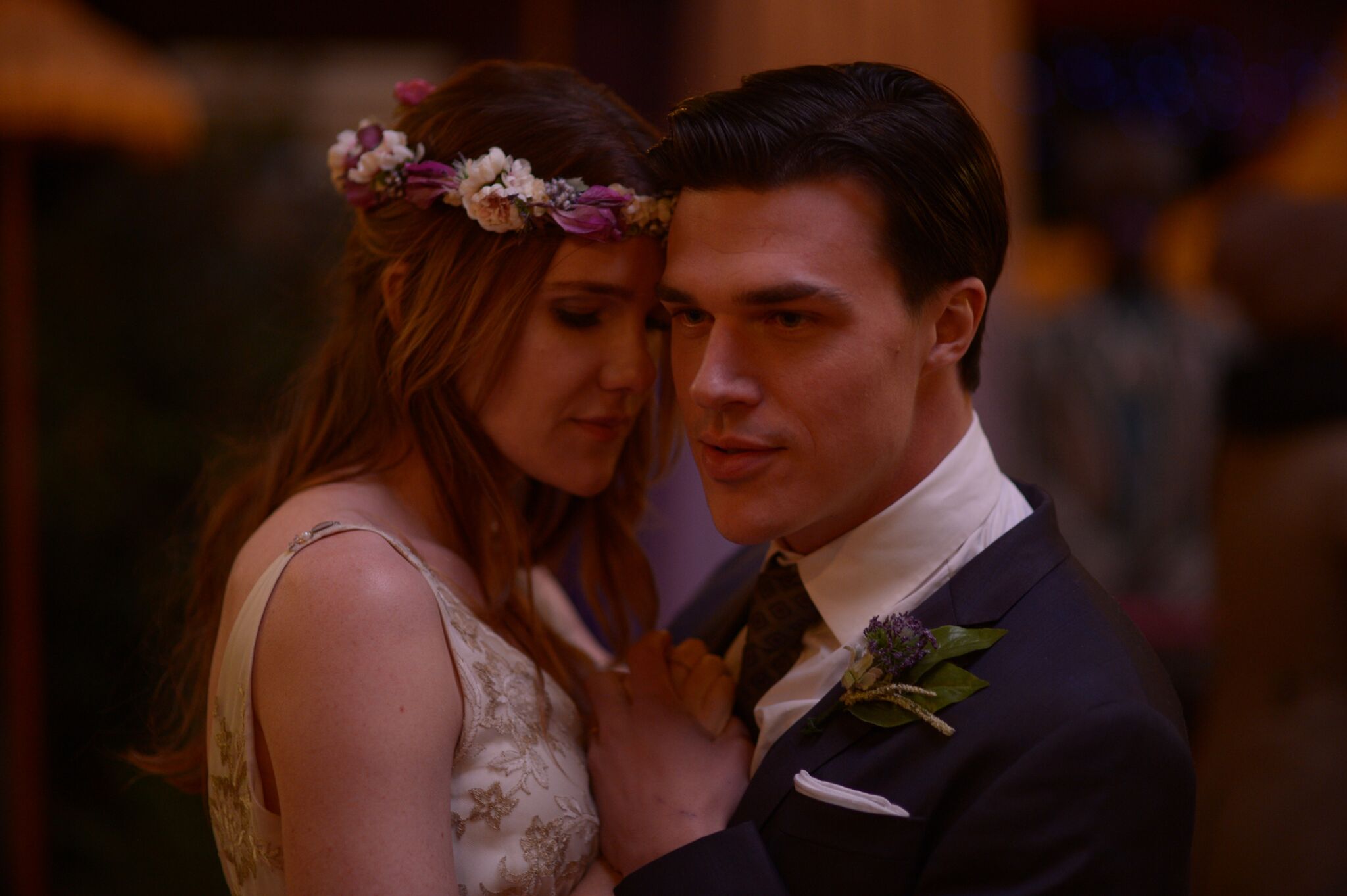Film Review: ‘A Midsummer Night’s Dream’
By Dennis Harvey
LOS ANGELES (Variety.com) – “A Midsummer Night’s Dream” is purportedly the most-produced of all the Bard’s plays, but neither that nugget nor its cinematically friendly fantasy elements has done it many favors on film. Hollywood’s most famous stab was a notorious flop — stage titan Max Reinhardt’s garish 1935 Warner Bros. extravaganza featuring such unlikely (and highly variable) Shakespearean actors as Dick Powell, James Cagney, Mickey Rooney and Joe E. Brown. An almost equally starry 1999 effort, shot in Italy with Kevin Kline, Michelle Pfeiffer, Calista Flockhart and Christian Bale, wasn’t much better.
Since then there’s been the lamentably self-explanatory “A Midsummer Night’s Rave,” and the inexplicable “Strange Magic,” one Disney cartoon that children of all ages found easy to resist. That’s 80 years of evidence suggesting “Dream” might best be left sleeping by American filmmakers.
All the more surprising, then, that director-adapter Casey Wilder Mott’s debut feature proves not just successful with a risky conceit — resetting the story in a very up-to-the-moment Los Angeles — but arguably as good as any big-screen version of this play. Certainly it has its uneven qualities, and the B-list cast isn’t as glittery as the kind Kenneth Branagh used to lure to his pricier (yet often wobblier) Hollywood-goes-Shakespeare joints. But this “Midsummer Night’s Dream” actually works. It’s charming, funny and moderately sexy, with witty use of the disconnect between modern manners and melodious prose. And yes, the actors can speak the language — which, as many a movie has proven before, is never a given.
While still ostensibly living in “Athens,” most of the characters now are related in one way or another to the film biz itself, starting with the central quartet of lovers. Thus Hermia (Rachael Leigh Cook) is a movie star whose studio executive father Egeus (Alan Blumenfeld) opposes her love of scruffy photog Lysander (Hamish Linklater), preferring she tie the knot with rising dealmaker Demetrius (Finn Wittrock). The latter would be fine with that arranged marriage, but he’s pestered by the unwanted attentions of Hermia’s bestie Helena (Lily Rabe), a screenwriter. When the forbidden lovers elope into the Santa Monica Mountains, they’re pursued by Demetrius, who is pursued by Helena.
All are eventually pursued by Egeus, his boss Theseus (Ted Levine) — Duke of Athens turned industry Big Kahuna — and the latter’s paramour HIppolyta (Paz de la Huerta). But not before the youths are subjected to some well-intended but ill-ministered enchantments by the faeries of the forest. As instructed by King Oberon (Saul Williams), who’s on the temporary outs with Queen Titania (Mia Doi Todd), a surfer-dude Puck (Avan Jogia) tries to properly sort the discordant quartet, but gets the romantic pairings wrong. He also wreaks playful havoc on a company of film students whose star actor Bottom (Fran Kranz) gets turned into an ass — the other kind from that usually depicted, a rare joke here that’s dubiously conceived and overstays its welcome.
But otherwise, Mott’s judiciously compacted “Dream” has a lot of clever ideas nicely worked in, from the inevitable role of personal electronic devices to an inspired climax wherein the performance of “Pyramus and Thisbe” becomes a film-class assignment haplessly reminiscent of “Turkish Star Wars.” Though the press materials cite Baz Luhrmann’s “Romeo + Juliet” as a reference point, this is a more organic update than the flashy pop-cultural mashups that the Aussie showman has made of classic sources. Its tonal and stylistic gambits mesh more fully despite their surface divergences (not to mention smaller budgetary resources), encompassing everything from the faeries’ Burning Man-boho attire (costumes by Kate Mallor) and environs (courtesy of production designer Glen Hall) to music supervisor Dan Wilcox’s mixtape soundtrack. There’s room for a couple of actual musical numbers, composed by musician cast member Todd, and they, too, feel like an integral part of the whole rather than self-conscious window dressing.
Mott does occasionally fuss too much with over-busy editorial inserts of onscreen text-messages, montages of past or upcoming scenes, media parodies and other cuteness (though the passing nod to Kayne & Kim’s “Bound 2” does merit a high-five). Yet the ornamentation never overwhelms a movie that is more faithful to Shakespeare — in language and spirit — than one might expect. The modern fillips complement the text, rather than the text (astutely downsized as it is by the director) becoming mere fodder for yet another pretentious insider’s Hollywood navel-gaze.
It helps, of course, that a fair number of these actors have considerable stage training, including most of the MVPs here — Levine, Rabe, Linklater and Wittrock chief among them. Best known as a slam poet and rapper, Williams is also impressive. If a few turns are less sturdy, Mott’s confident handling of a fairly ambitious project nonetheless folds them nimbly into a pleasing overall package.
Not stagy in the least, and handsomely turned in Daniel Katz’s widescreen lensing, Mott’s “Midsummer Night’s Dream” may not have a high bar to reach to be better than average as filmed Shakespearean comedies go. But by any standard, it’s a modest, resourceful and unexpected delight.

